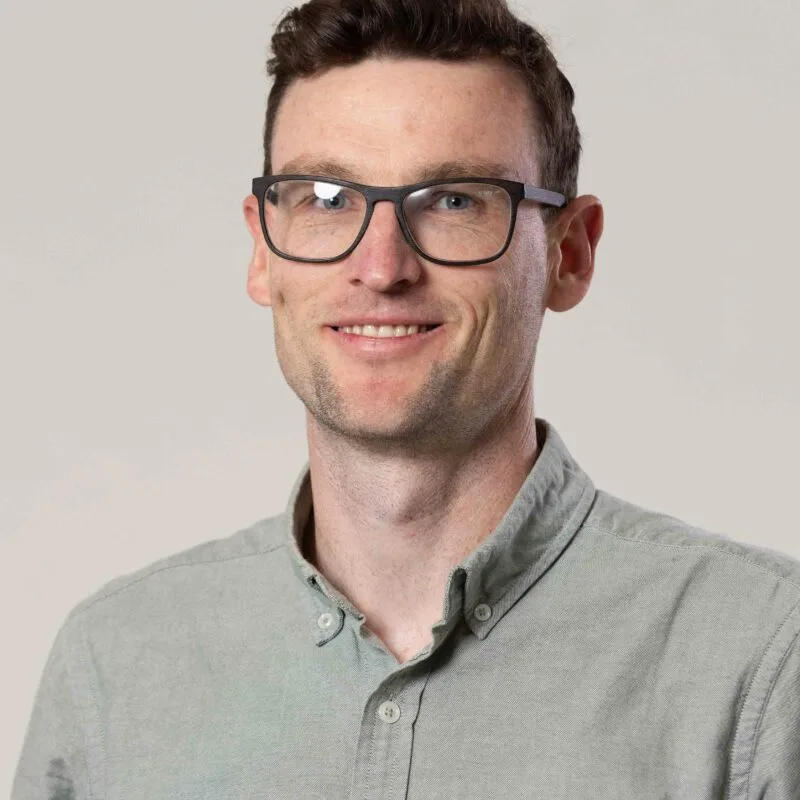Contact Details
BACKGROUND
As a Certified Medical Physics Specialist within the field of Radiation Oncology, I completed my undergraduate studies at the University of Wollongong (UoW) and was awarded the University Medal in the Faculty of Engineering in 2006. I subsequently went on to complete my PhD in a joint project with UoW and Loma Linda University Medical Center in California.
In 2010, during the last year of my PhD, I began clinical medical physics training at the Royal Adelaide Hospital (RAH). In 2013 I sat my final certification exam and joined the ACPSEM register of certified medical physics specialists. In September 2013, I joined the University of Adelaide (UoA) Department of Physics as a half-time academic, while also retaining half-time employment at the RAH.
I am currently the Lead Medical Physicist of the Australian Bragg Centre for Proton Therapy and Research, and an Affiliate Associate Professor in Medical Physics at the University of Adelaide.
RESEARCH OVERVIEW
My PhD studies were focussed on image reconstruction algorithms for proton computed tomography (pCT). Proton CT differs from the common X-ray CT scanners by using energetic protons to traverse the body as opposed to kilovoltage X-rays. A measurement of the energy lost by protons as they traverse the body in pCT can be used to reconstruct a stopping power map of a patient. This information is useful in the emerging cancer treatment field of proton therapy.
Proton therapy is a highly conformal method of delivering therapeutic doses of radiation to treat cancer. Proton therapy has the advantage over the more common X-ray therapy that protons have a finite range in matter. Therefore, a beam of energetic protons can be directed at the cancer site, minimizing the dose to the surrounding healthy tissue. To be able to stop the proton beam at precisely the right location, an accurate map of proton stopping powers is required. This is the primary purpose of pCT.
The image reconstruction challenge in pCT stems from the fact that protons, as charged particles, interact with the electric fields of atomic electrons and nuclei in the patient tissues and undergo multiple scattering. Most image reconstruction algorithms assume the radiation travelled in a straight line between source and detector and when using this assumption in pCT, poor spatial resolution of the reconstructed image results. Special techniques are required to accurately account for the scattering of the protons in the patient.
In general, my research interests are focussed around proton therapy, including pCT and intensity modulated proton therapy optimization algorithms. I am also working to develop a toolkit that will provide clinicians with an estimate of the quality of life a patient can expect from multiple potential treatment options. This is of primary interest in proton therapy where the course of treatment is significantly larger than X-ray therapy.
Find out more about Scott's research outputs, qualifications and affiliations on the
SAHMRI Researcher portal

